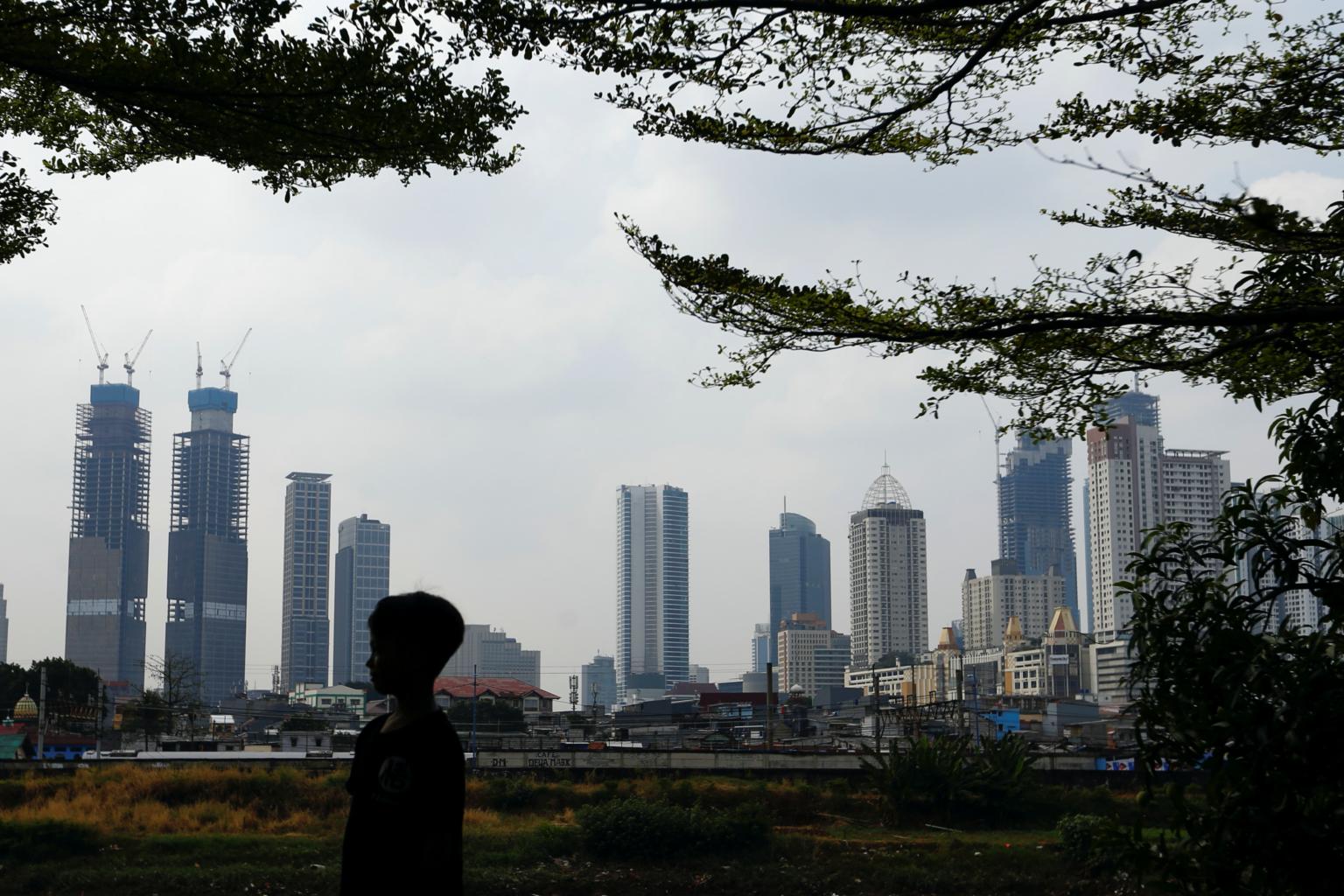Editorial Notes
Indonesia should have spoken to other democracies before casting vote at UN assembly: Jakarta Post
Sign up now: Get insights on Asia's fast-moving developments

Indonesia had at one time championed for the inclusion of human rights and democratic principles in the Asean Charter.
PHOTO: REUTERS
Follow topic:
JAKARTA (THE JAKARTA POST/ASIA NEWS NETWORK) - Something odd happened at the United Nations General Assembly this week.
Indonesia joined 14 other countries in rejecting a resolution on "The Responsibility to Protect (R2P) and the prevention of genocide, war crimes, ethnic cleansing and crimes against humanity".
The resolution calls for the inclusion of R2P on the assembly's annual agenda, requesting that the secretary-general report annually on the topic.
Voting in favour were 115 states, with 28 abstaining and 15 voting against. Those that voted no - including North Korea, Cuba, Venezuela, Russia and China - were regimes that were either brutal and repressive or simply not known for their democracy.
To find Indonesia on this list is therefore perplexing. The country that had at one time championed for the inclusion of human rights and democratic principles in the Asean Charter is now seen as voting against attempts to uphold those very principles internationally.
Recent events in Myanmar and in the occupied Palestinian territory raise questions about the failure of the international community to intervene and stop bloodshed in these two places.
The resolution would compel the secretary-general to bring this issue to his personal attention. The R2P, which was endorsed by all UN members at the Millennium Summit in 2005, allows for humanitarian intervention if a sovereign state fails to protect its own people.
Given the atrocities being committed by the Myanmar junta and the Israeli government, this looks like a good resolution that Indonesia should have supported, not opposed or even abstained.
The Foreign Ministry said Indonesia had voted over the procedural matters in the resolution, not against the R2P initiative itself, which Indonesia has fully supported since 2005.
There is no need to create a new agenda as R2P is already included in the annual General Assembly, which is mandated to "follow up to outcome of Millennium Summit", the ministry said.
This statement falls short of explaining of how Indonesia, which touts itself as the world's third-largest democracy, could end up with the likes of North Korea and other countries that are repressing their own people.
When it comes to observing democracy and human rights, Indonesia does not want to be associated with most countries in this group. The vote also raises unnecessary speculation, now widely discussed on social media, about the real reason behind the "no vote".
One is the spectre of R2P being invoked against Indonesia over the Papuan question. In spite of the recent escalation of violence in Papua, the situation on the ground is still too far to merit international intervention.
Unless Indonesia botches its handling the way it did with East Timor in the 1990s, then we have nothing to worry about. Or are we losing confidence that we can handle Papua humanely that we should vote against the latest resolution?
It is too late to change the vote now and Indonesia will have to deal with the unnecessary bad publicity it has created for itself. But one important lesson? Talk to other democracies before casting our vote at the assembly.
They are the company we want to be associated with.
The Jakarta Post is a member of The Straits Times media partner Asia News Network, an alliance of 23 news media organisations.

